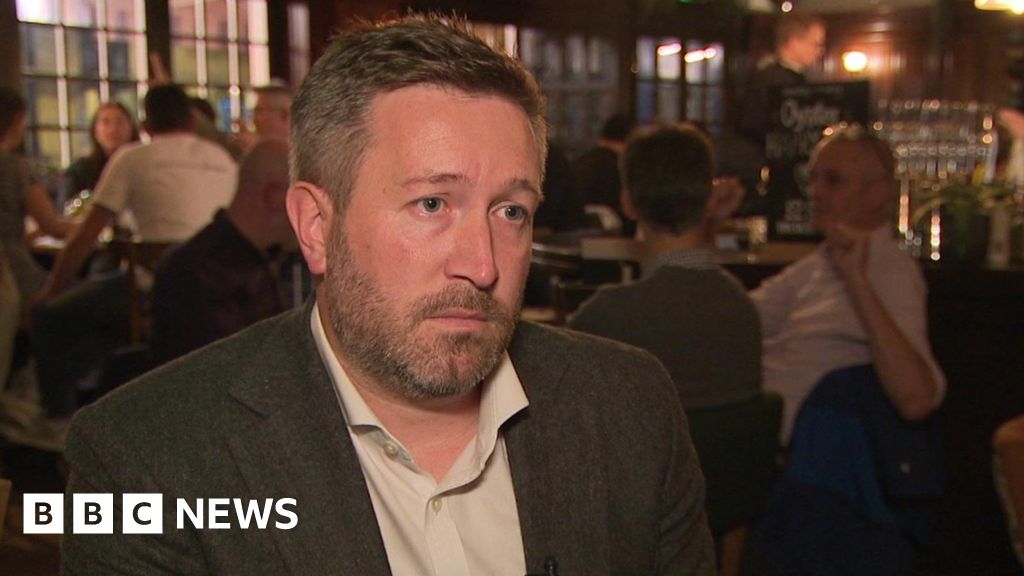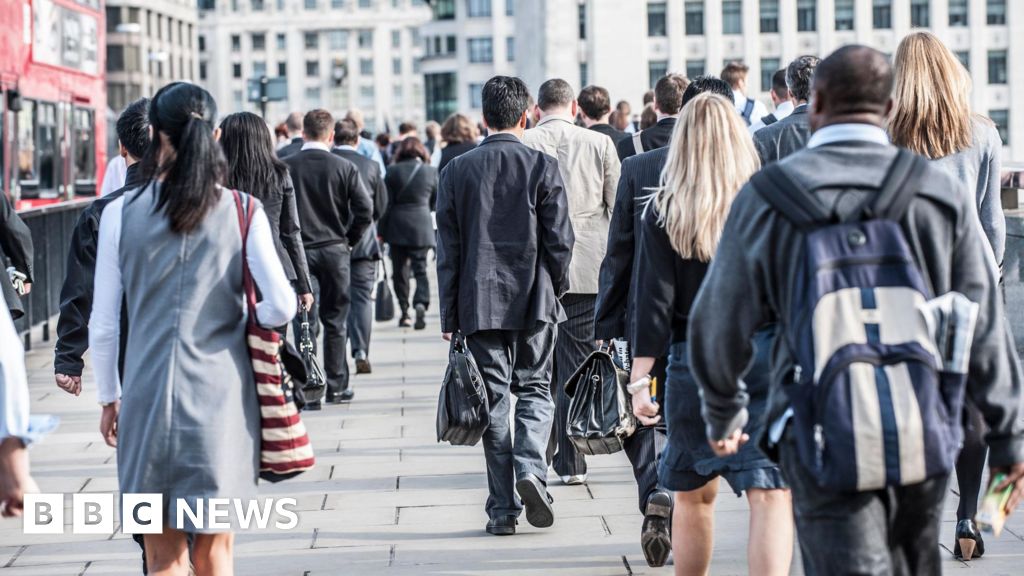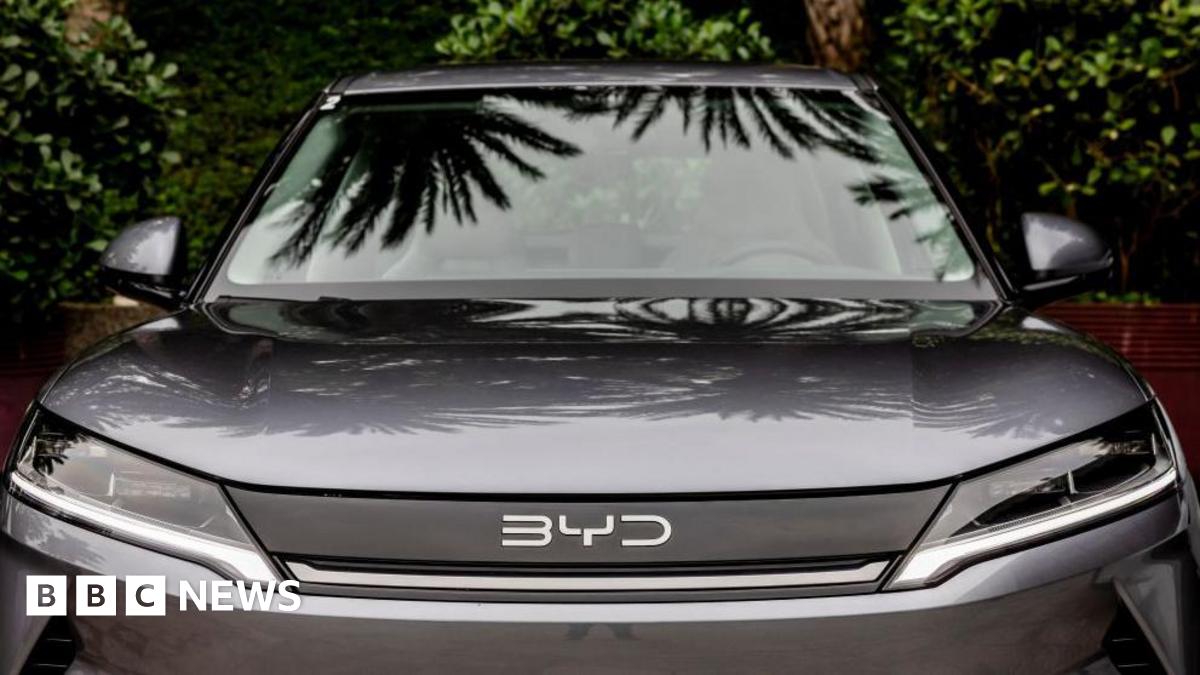Chancellor Rachel Reeves decided businesses will bear the brunt of her £40bn total tax rise by increasing the National Insurance rate as well as reducing the threshold at which employers start paying it, to generate £25bn.
The rate that employers pay will rise from 13.8% to 15% from April and the threshold at which they start paying the tax on each employee’s salary will be reduced from £9,100 per year to £5,000.
The measures have been met with a backlash from businesses of all different sizes, especially from small businesses – defined as having 50 employees or fewer. They make up 99.2% of all UK businesses.
However, the chancellor said she would extend the Employment Allowance – the amount employers can claim back from their National Insurance bill – from £5,000 to £10,500.
According to the Federation of Small Businesses, this will benefit only the very smallest businesses with up to eight employees.
Simon Emeny, chief executive of Fuller’s which owns about 400 pubs and hotels and employs almost 5,000 people, said he was “just utterly disappointed” by the chancellor’s choices.
He claimed they “disproportionately” impacted hospitality, which is a big employer of young people and part-time workers.
He added the specific decision to lower the threshold at which employers will have to pay National Insurance was a “crippling hammer blow” to the sector.
Pubs and restaurants work to tight margins – margins that have been dealt successive blows thanks to pandemic lockdowns, soaring energy prices and the cost of living making customers spend less.
“The question is how much more can the consumer take? How much more before they say, ‘do you know, going out is a luxury, we are not going to do it as much’,” said Ms Maclean.
Credit: Source link











